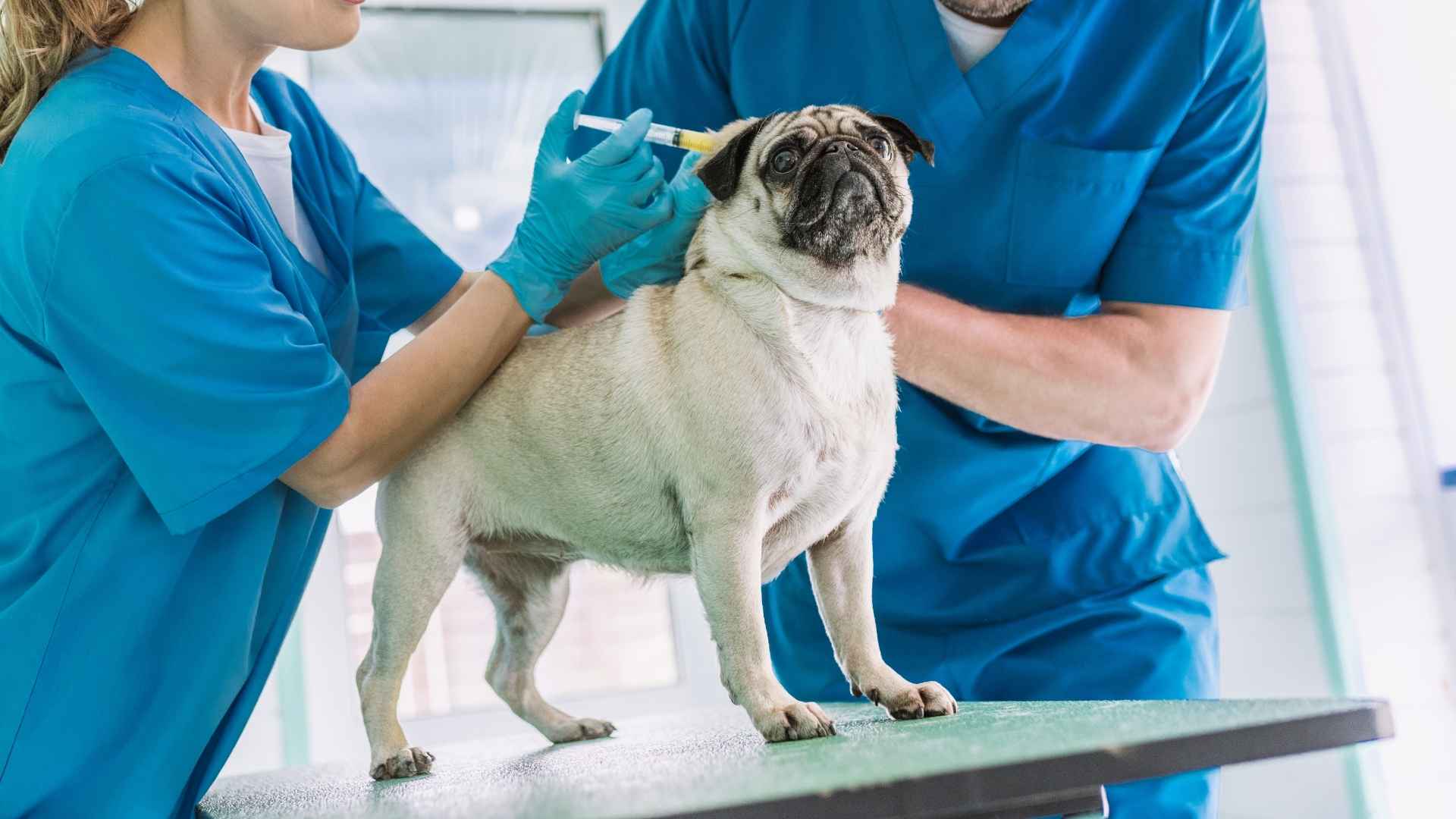Some dog breeds come into the world full of energy. Wagging tails and plenty of love to give. But not every breed is for the long run. Years of selective breeding for looks have sometimes come at the cost of good health.
If you are planning on bringing a dog home or you are just curious about the most unhealthy breeds out there, this list is for you. We are not here to judge the pups. They are innocent and full of heart.
But we are here to bring a light on which breed faces serious health challenges, what those issues look like, and why responsible breeding practices (and pet insurance!) are more important now than ever.
Unhealthy Dog Breeds
We have compiled seven of the most unhealthy dog breeds that loving dog owners should get a peek about!!
1. German Shepherd
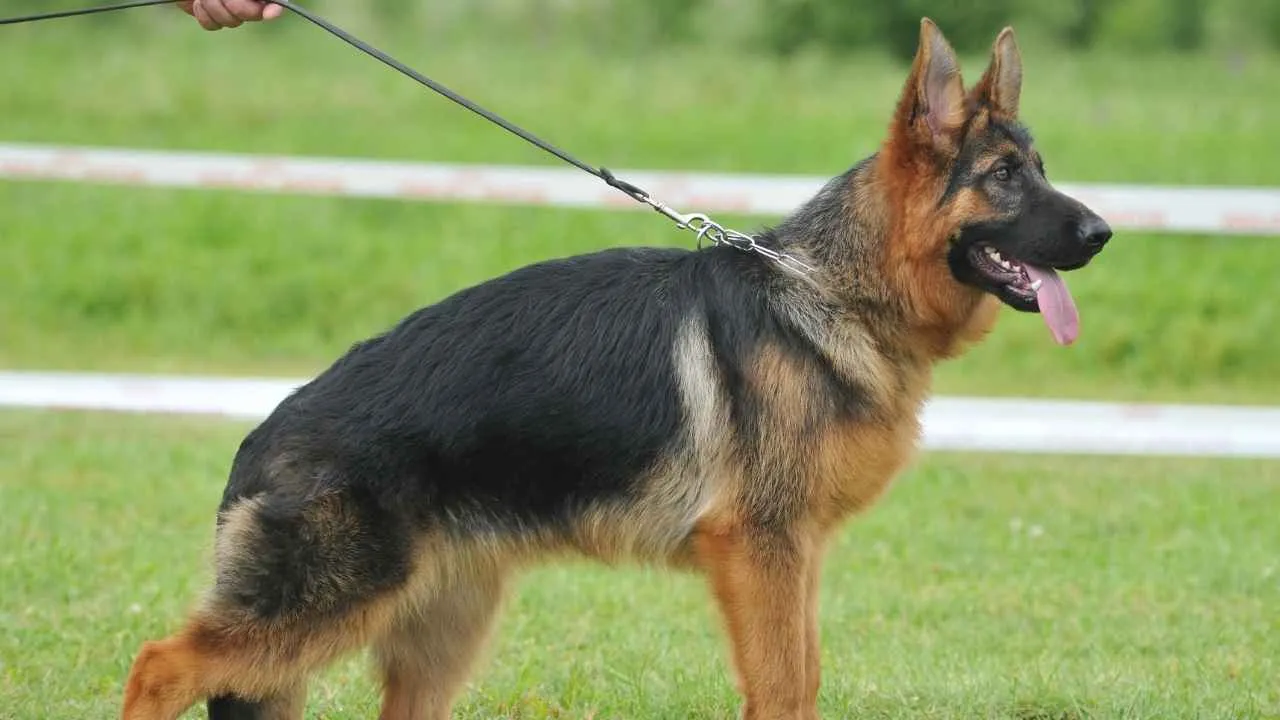
German Shepherds are among the most popular dog breeds in the U.S. This large dog breed is loyal and incredibly intelligent. But beneath all that beauty and brains is a body that is prone to breaking down far too early.
What health concerns do German Shepherds usually face?
Prone to Hip and Elbow Dysplasia from a young age
Frequently deal with joint problems and mobility issues as they age
At risk for Intervertebral Disc Disease, as noted by PetMD, and Degenerative Myelopathy
They are being used by the police and military. But their strong work ethic cannot protect them from serious health conditions that impact their ability to move, play, and even stand comfortably.
Hip Dysplasia is a major concern where the hip socket does not form properly. It causes chronic pain and mobility problems. Without early treatment, it can turn into arthritis or lameness.
Add in spinal disorders and their tendency to mask pain, and you have a breed that needs routine vet visits and a lot of care.
2. Cavalier King Charles Spaniel
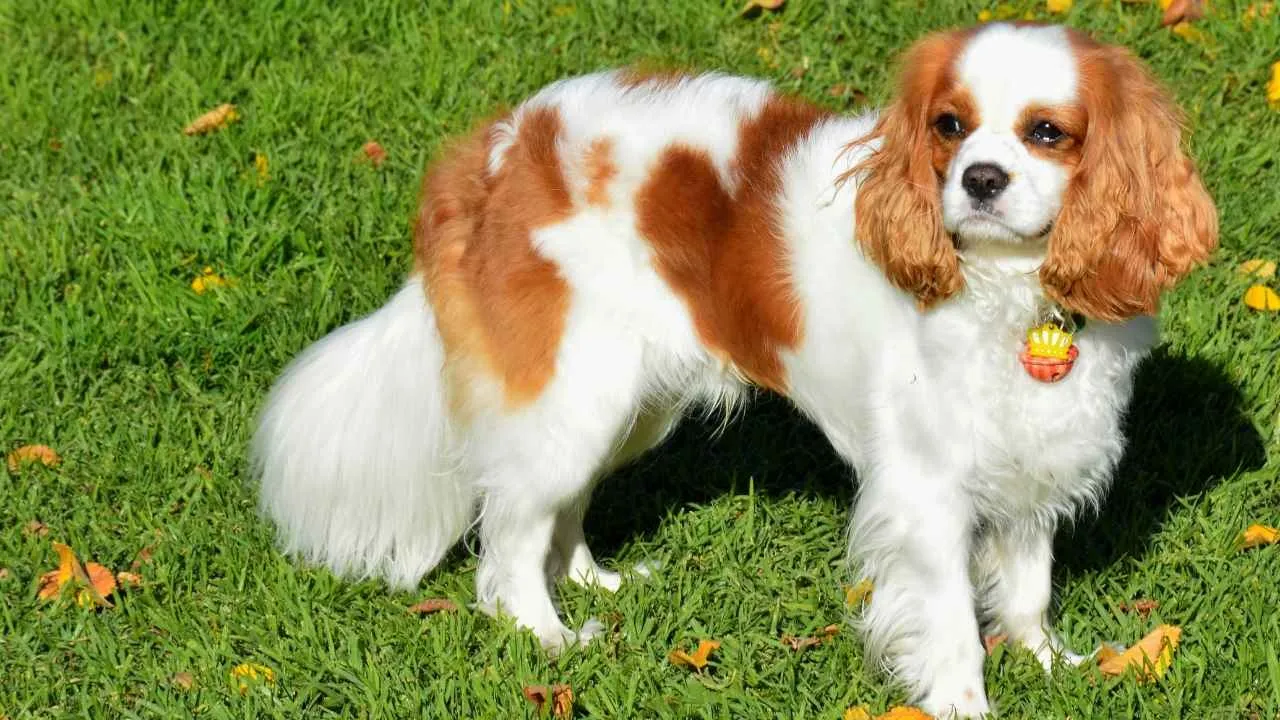
Sweet as they are, this is one of the most unhealthy dogs out there. These soulful-eyed, calm, small dogs may look like little angels, but inside, their tiny hearts are often ticking time bombs.
According to PETA, they are predisposed to some health problems; all the LOVE in the world just cannot fix it!!
What health concerns affect King Charles Spaniels?
Extremely high risk of Mitral Valve disease. A heart condition that may lead to heart failure
Ear infections and skin conditions are common due to their long and floppy ears and silky coat
Also prone to Syringomyelia. A neurological disorder causing severe neck and spinal pain
According to veterinary medicine studies, these Spaniels have some of the highest rates of inherited heart disease in any breed.
Their hearts often fail to pump blood effectively, and it happens mostly in older dogs. That is why we emphasize highly on careful monitoring and regular veterinary check-ups.
3. Boxer
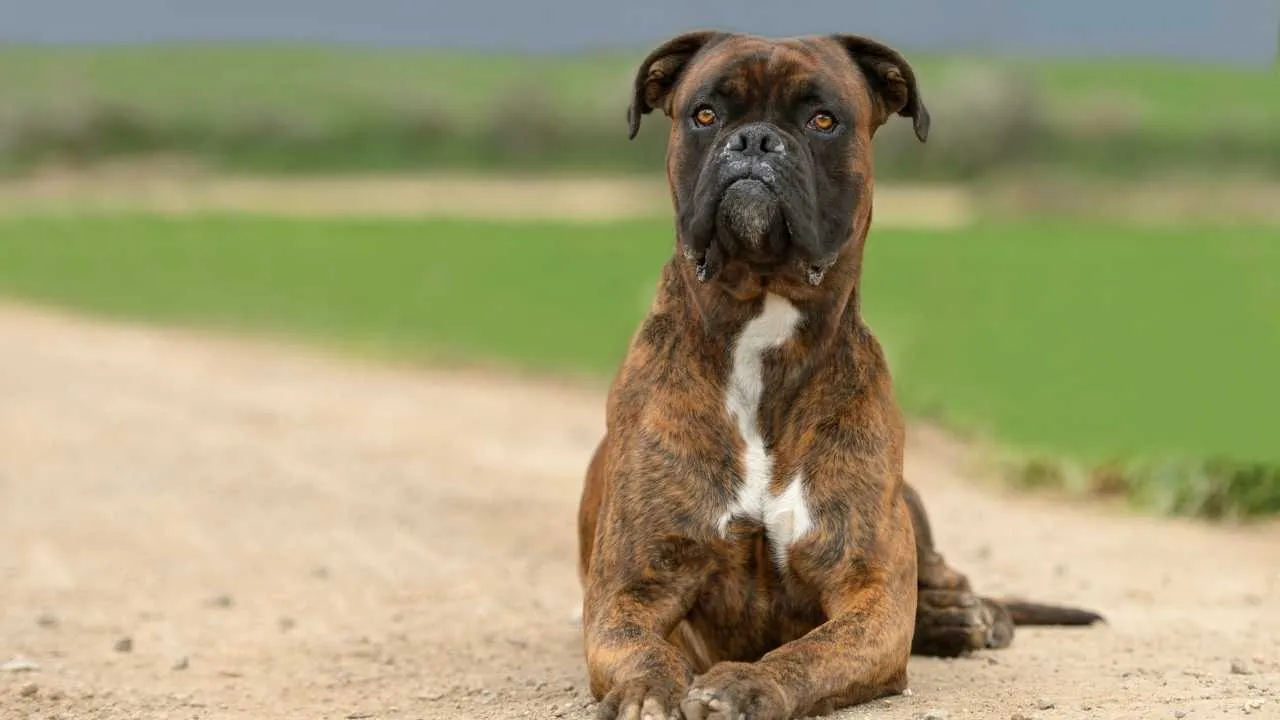
Boxers are an energetic breed and full of personality. But they are often fighting battles on the inside. Boxers are lovable goofballs. But when it comes to all the issues surrounding their health, it is not a laughing matter at all.
What health problems affect Boxers the most?
High risk of developing mast cell tumors. A type of cancer.
Vulnerable to heart disease, aortic stenosis, and cardiomyopathy
Breathing difficulties due to their short, flat faces (they are a brachycephalic breed, as noted by PDSA)
Heart disease, in particular, is a serious concern. It sometimes shows no symptoms until it’s too late. And like other brachycephalic breeds, their snub noses can lead to respiratory issues in hot or humid conditions.
Early signs like fatigue, coughing, or labored breathing should never be ignored. Veterinary intervention can help manage symptoms, but it requires lifelong management from the owner’s end.
4. Rottweiler
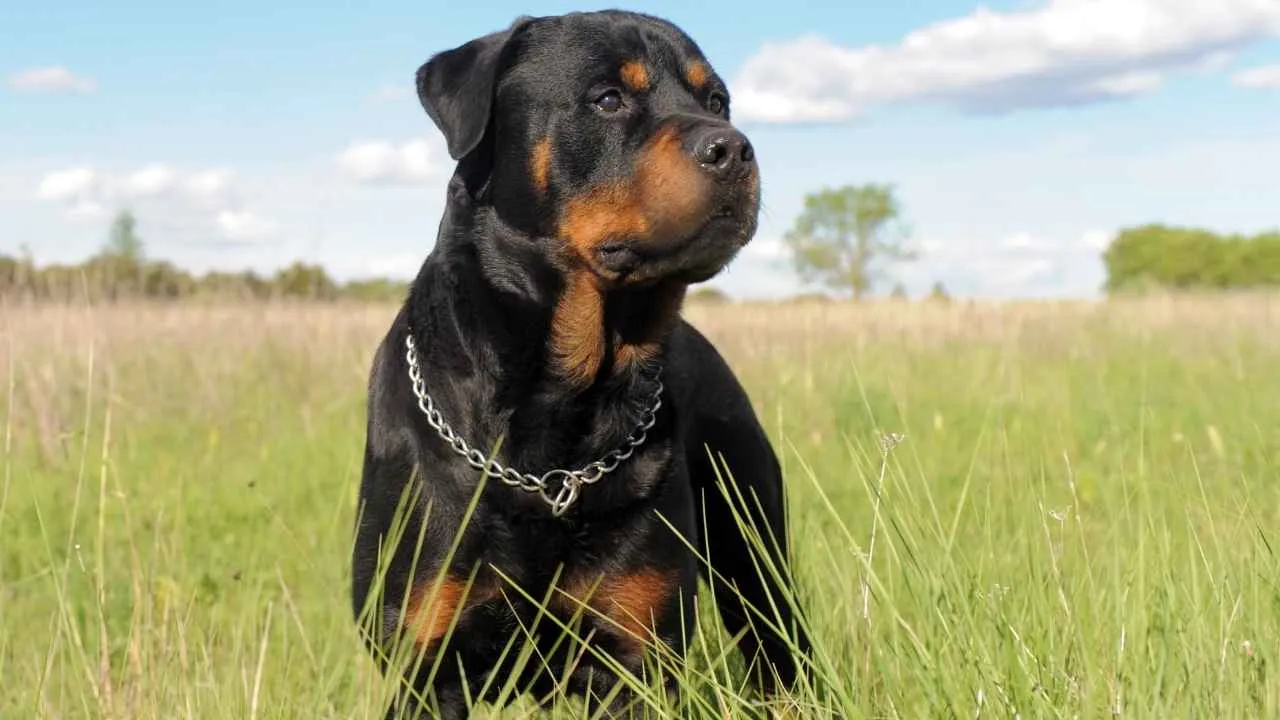
Strong, stoic, and fiercely loyal, everyone knows Rottweilers to be powerful. Rottweiler dogs are amazing protectors and guards. But sadly, under that muscular build is a breed riddled with some genetic conditions.
Why are Rottweilers considered an unhealthy breed?
High rate of Hip and Elbow Dysplasia. It leads to chronic pain.
Prone to Osteosarcoma, a painful and aggressive bone cancer
Can suffer from heart and joint problems due to their size
Rotties have been helping with cancer research. Like many large dog breeds, Rottweilers age faster than healthy, smaller dogs and experience a quicker decline in overall health.
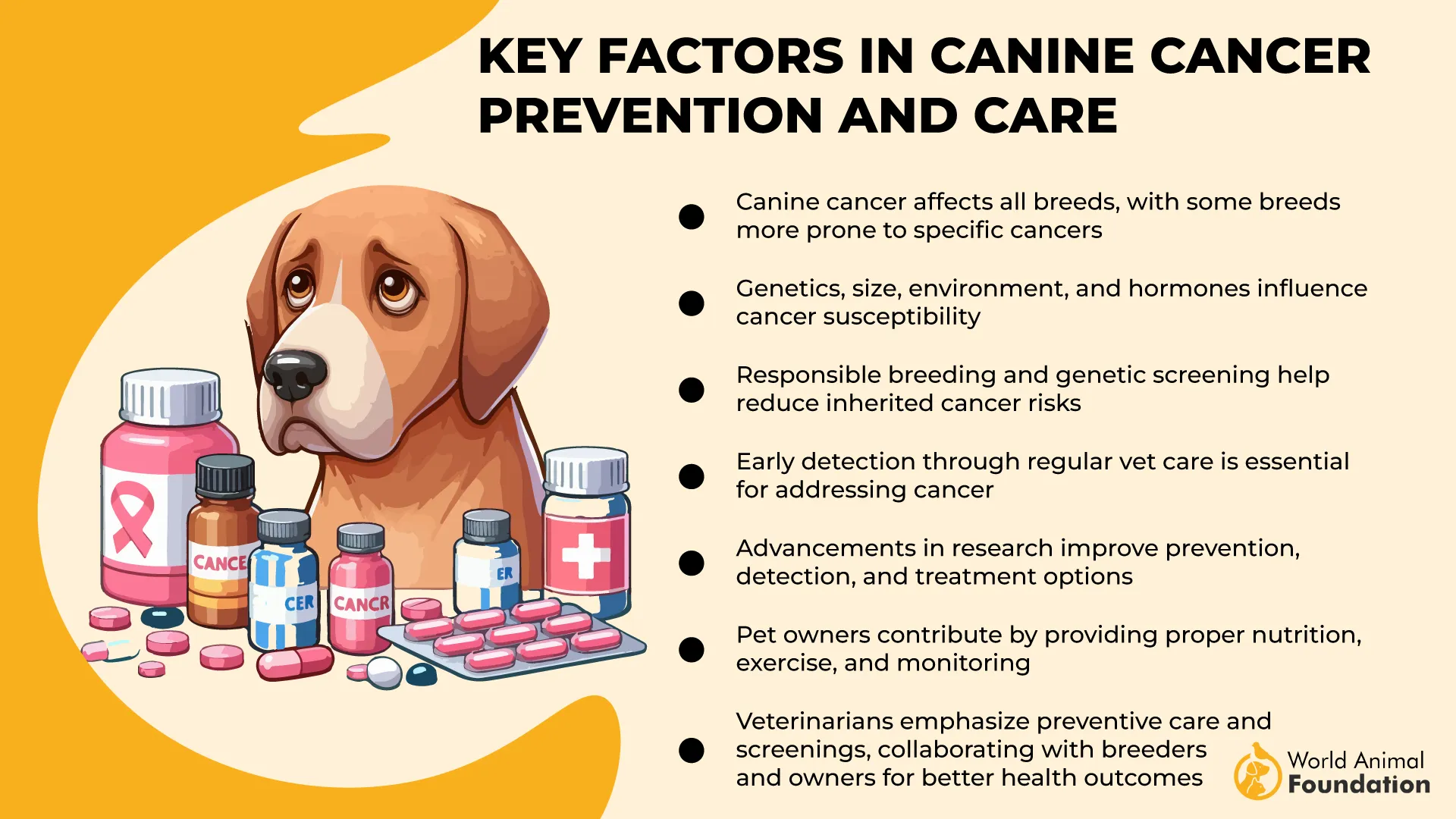
Their risk of joint issues makes mobility tough in later years. Pet insurance is most important here because the cost of diagnostics, medicine, and surgeries can add up fast.
5. Pug
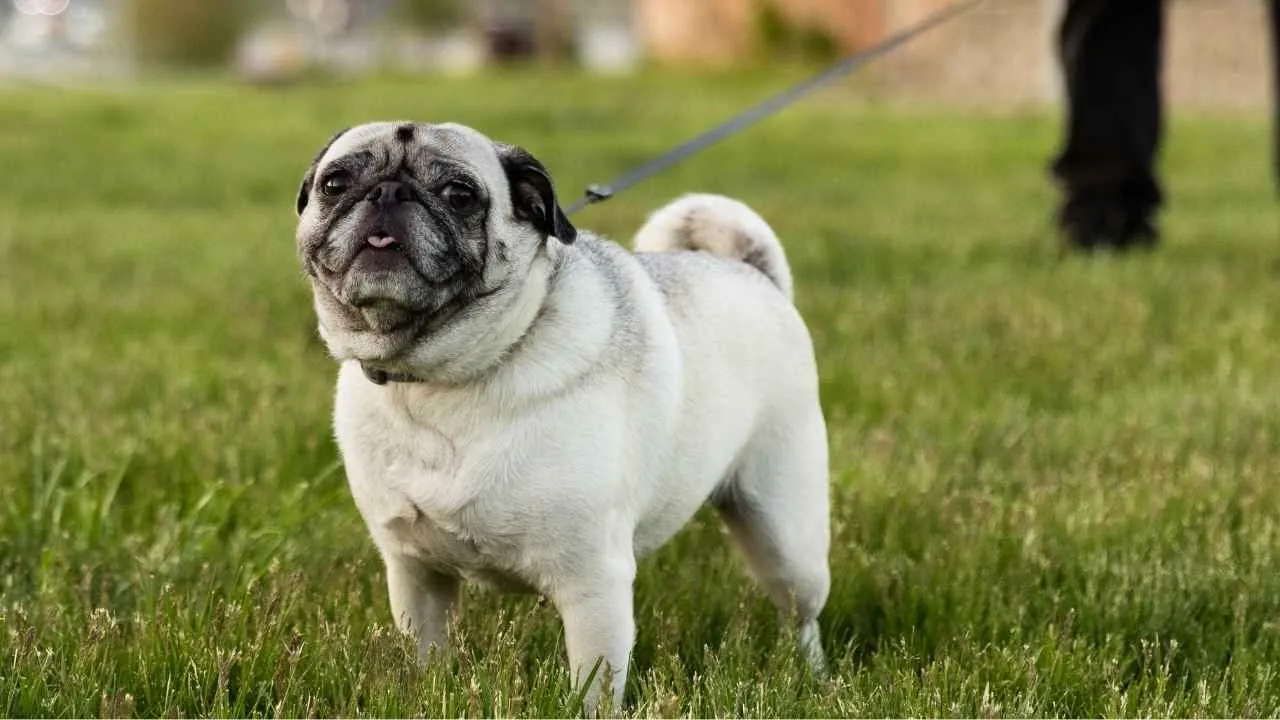
Pugs are lovable, but they are without a doubt one of the most unhealthy dogs. Regular veterinary treatment, a balanced diet, and careful monitoring for this popular breed are a must!!!
‘Multum in Parvo”. A lot in little. That’s what the American Kennel Club says about the Pugs, the ultimate comedians of the dog world. But their adorable snorts are not so cute when you realize what’s behind them.
What are the biggest health problems for Pugs?
Extremely prone to Brachycephalic Obstructive Airway Syndrome (BOAS)
High risk of obesity and weight gain, which worsen already worsening breathing difficulties
Skin problems due to their wrinkly face and skin
Neurological problems like Pug Dog Encephalitis
Due to breathing problems, the Pug’s flat face makes it tough to breathe, pant, and even sleep properly. Ah, poor Pug. Many need surgery to open their airways just so they can live a semi-healthy life. And those rolls are adorable, but they trap moisture and bacteria and ultimately skin infections.
6. Great Dane
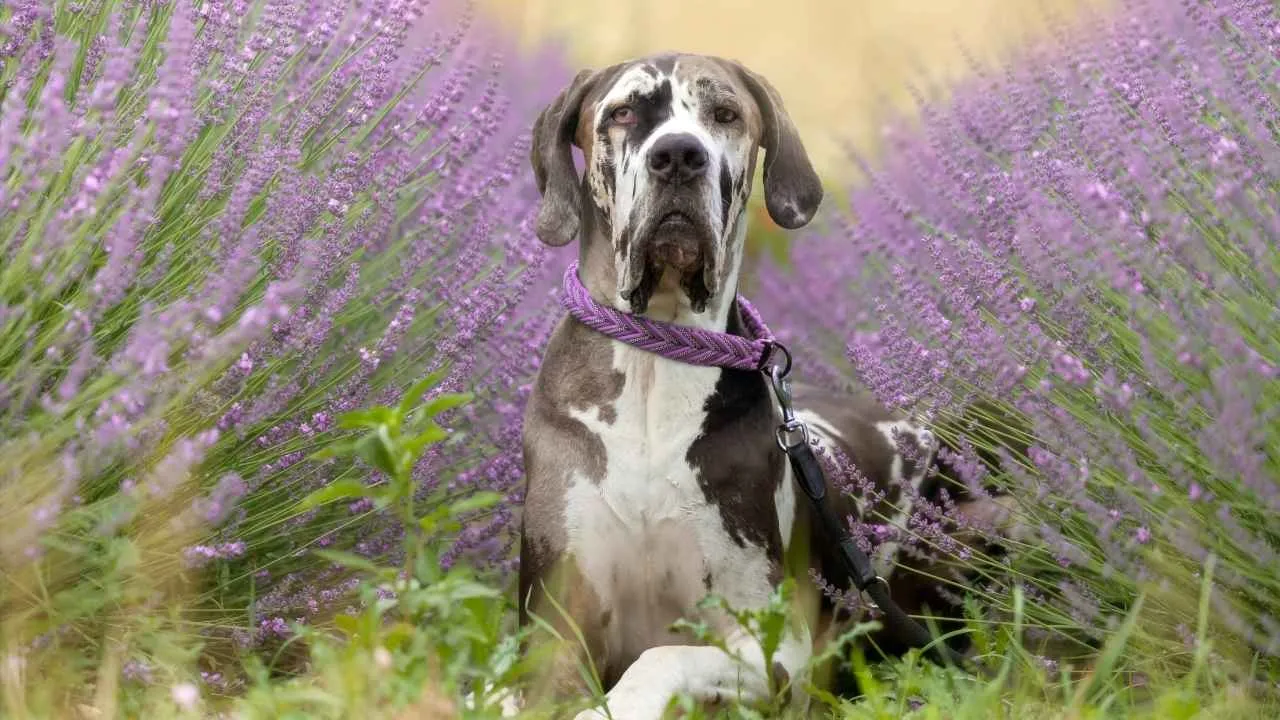
Great Danes are gentle giants. But like most giant breeds, their size comes with a ticking clock.
What health problems are common in Great Danes?
Vulnerable to dilated cardiomyopathy, a deadly heart condition
At high risk of bloat (gastric torsion), it can be fatal in less than 24 hours, as noted by PetMD
Often suffer from joint problems, mostly in the hips and elbows
These giants often struggle to pump blood efficiently, and their chests make them vulnerable to abdominal pain and twisting of the stomach. When this happens, you need to give them immediate veterinary intervention.
Despite their affectionate nature, Great Danes have one of the shortest life expectancies. Some only live for 6-7 years, as mentioned by the AKC.
7. French Bulldog

Ah, the trendy Frenchies. They are everywhere on social media, but very few people talk about how fragile they are. They and some Mastiff breeds are really expensive to insure, though.
Why do French Bulldogs rank on the unhealthy list?
Classic brachycephalic breed with severe respiratory issues
Regular sufferers of skin problems and ear infections
Vulnerable to spinal disorders and mobility issues due to their compact build
Frenchies are undeniably cute, but they pay the price for that appearance. Many cannot even give birth naturally and need C-sections.
Their snorting, wheezing, and snuffling are not harmless quirks or goofiness; they are symptoms of serious health issues like brachycephalic airway syndrome.
If you want them, know that regular vet check-ups and the willingness to handle lifelong management of health challenges are all part of the commitment.
Conclusion
Some dog breeds have more than their fair share of health issues. That does not make them any less lovable. But it does mean they need owners who are willing to go the extra mile.
If you want a pup that’s low maintenance, go for mixed-breed dogs or try purebred dogs, which are rather healthy dog breeds such as the English Bulldog, Cocker Spaniel, and Bernese Mountain Dog.
No matter what, recognize early signs of sickness, stay on top of regular veterinary check-ups, and always prioritize a dog’s comfort, healthy weight, and healthy lifestyle.


